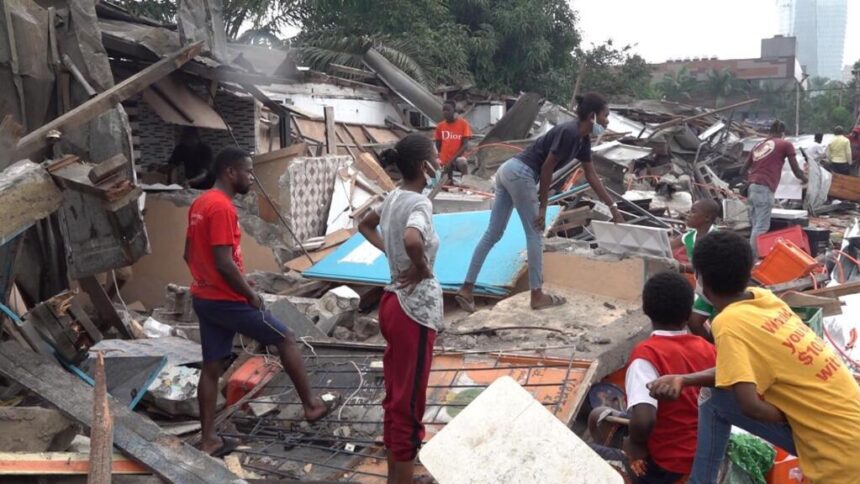In a controversial move that has sparked outrage among residents and human rights organizations, Ivory Coast has been carrying out a mass eviction project in Abidjan since January. The government has targeted 176 neighbourhoods in the city, demolishing homes without providing proper relocation plans for the displaced residents.
Initially, the authorities claimed that the evictions were necessary to address the issue of flooding in informal settlements. However, it soon became apparent that the real motive behind the operation was to clear the way for new roads and infrastructure projects. While the government argues that these projects are vital for the city’s development, more than 30,000 people have been left homeless and in a precarious situation as a result.
The evictions have raised concerns about the lack of transparency and consultation with affected communities. Many residents were caught off guard and had no time to gather their belongings before their homes were destroyed. Some families have been left with nowhere to go, forced to seek shelter with relatives or in overcrowded temporary accommodation.
Human rights organizations have condemned the evictions as a violation of the rights of the affected residents. They argue that the government has failed to provide adequate compensation or alternative housing options for those who have been displaced. The lack of proper consultation and planning has also raised questions about the legality of the evictions.
The evictions have sparked protests and demonstrations in Abidjan, with residents demanding justice and accountability from the authorities. The government has defended its actions, stating that the evictions were necessary to address the city’s infrastructure needs. However, critics argue that the government’s approach has been heavy-handed and has disregarded the rights and well-being of the affected communities.
As the evictions continue, there are growing calls for the government to halt the project and engage in meaningful dialogue with the affected residents. Human rights organizations are calling for a comprehensive resettlement plan that takes into account the needs and rights of those who have been displaced. It is crucial for the government to prioritize the well-being of its citizens and ensure that they are not left homeless and vulnerable as a result of development projects.






